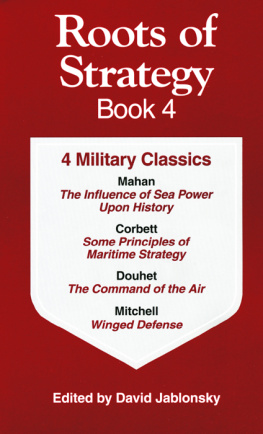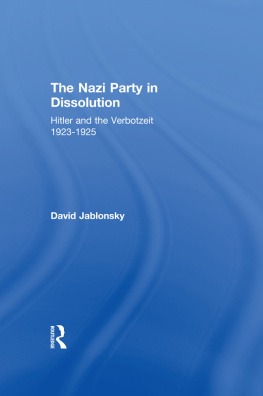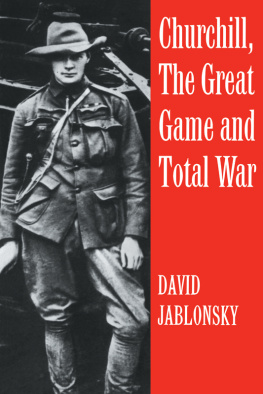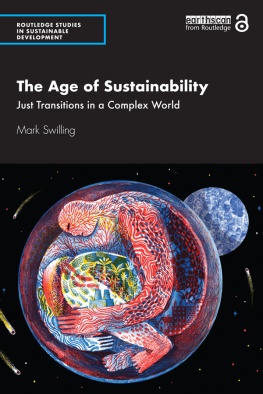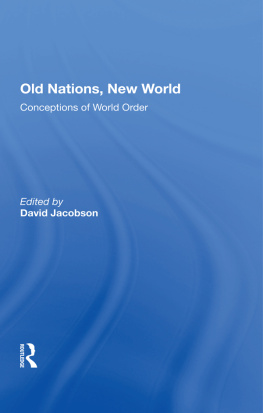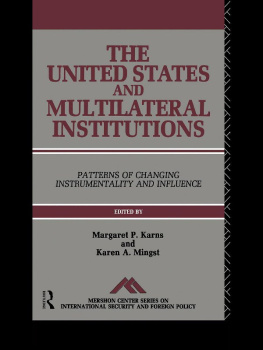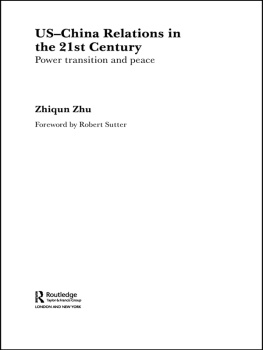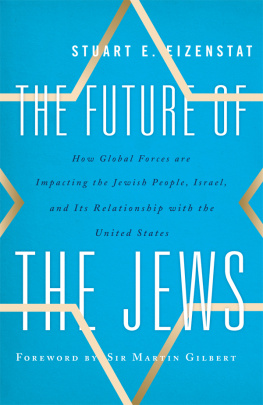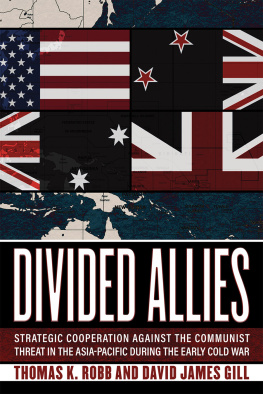Cover
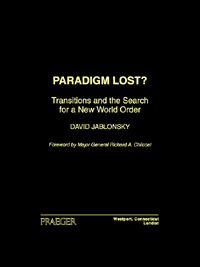
| title | : | Paradigm Lost? : Transitions and the Search for a New World Order |
| author | : | Jablonsky, David. |
| publisher | : | Greenwood Publishing Group |
| isbn10 | asin | : | 0275950336 |
| print isbn13 | : | 9780275950330 |
| ebook isbn13 | : | 9780313047480 |
| language | : | English |
| subject | World politics--1919-1932, World politics--1945- , United States--History--20th century, Foreign relations , United States |
| publication date | : | 1995 |
| lcc | : | D31.J33 1995eb |
| ddc | : | 327.73/009/04 |
| subject | : | World politics--1919-1932, World politics--1945- , United States--History--20th century, Foreign relations , United States |
Page i
Paradigm Lost?
Page ii
This page intentionally left blank.
Page iii
PARADIGM LOST?
Transitions and the Search for a New World Order
DAVID JABLONSKY
Foreword by Major General Richard A.Chilcoat

Page iv
Library of Congress Cataloging-in-Publication Data
Jablonsky, David.
Paradigm lost? : transitions and the search for a New World order
/David Jablonsky. Foreword by Major General Richard A.Chilcoat
p. cm.
Includes bibliographical references and index.
ISBN 0275950336 (alk. paper)
1. World politics19191932. 2. World politics19453. United
StatesHistory20th century. I. Title.
D31.J33 1995
327.7300904dc20 9438566
British Library Cataloguing in Publication Data is available.
Copyright 1995 by David Jablonsky
All rights reserved. No portion of this book may be
reproduced, by any process or technique, without the
express written consent of the publisher.
Library of Congress Catalog Card Number: 9438566
ISBN: 0-275-95033-6
First published in 1995
Praeger Publishers, 88 Post Road West, Westport, CT 06881
An imprint of Greenwood Publishing Group, Inc.
Printed in the United States of America

The paper used in this book complies with the
Permanent Paper Standard issued by the National
Information Standards Organization (Z39.481984).
10 9 8 7 6 5 4 3 2 1
Page v
for Wiebke
For winters rains and ruins are over,
And all the season of snows and sins;
The days dividing lover and lover,
The light that loses, the night that wins;
And time remembered in grief forgotten,
And frosts are slain and flowers begotten,
And in green underwood and cover
Blossom by blossom the spring begins. Algernon Charles Swinburne Atalanta in Calydon |
Page vi
This page intentionally left blank.
Page vii
Contents
Foreword by Major General Richard
A.Chilcoat | ix |
Chapter 1 | Introduction | |
Chapter 2 | The Enduring Paradigm | |
1713 & 1815 | |
1919 | |
1945 | |
Chapter 3 | The Subordinate Paradigms | |
Man | |
State | |
The International System | |
Chapter 4 | Brother, Can You Paradigm? | |
The Management of Power | |
Strategic Vision | |
The Way Ahead | |
Chapter 5 | Conclusion | |
Notes | |
Bibliographical Essay | |
Index | |
Page viii
This page intentionally left blank.
Page ix
Foreword
A paradigm consists of a group of fundamental assumptions that create a shared picture of the world. That picture, once established, is persistent. In fact, questions concerning a paradigm are usually raised only after constant failures to solve major issues associated with its fundamental assumptions have caused a crisis. And even this occurs only after the feeling of crisis has brought forward an alternate candidate, setting the stage for a major shift in the paradigm. Such a shift occurred in seventeenth-century Europe as a result of the Thirty Years War, which confirmed the failure of the centralized, hierarchical, feudal paradigm of the medieval world to manage power in the international arena. The result was the gradual emergence of a modern realist paradigm that regarded states as both the absolute holders of domestic sovereignty and the principal units of action in an anarchic, self-help international environment, each rationally seeking power either as an end in itself or as a means to other ends.
In subsequent centuries, the realist paradigm has continued to dominate efforts to manage power. The intensity of those efforts is directly related to the increasingly total nature of wars. For the United States in this century, attempts at power management are associated with three post-war transitional periods, each focused on Americas role in the international arena. After World War I, the American people specifically rejected the global role for the United States implicit in Wbodrow Wilsons strategic vision of collective security, the full implementation of which would have required a shift from
Page x
the realist paradigm. In contrast to this return to normalcy, the United States after World War II moved inexorably toward international leadership in response to the Soviet threat. The result was an acceptance within the realist paradigm of George Kennans strategic vision for containing the Soviet Union on the Eurasian landmass and the subsequent bipolar confrontation of the two superpowers in a twilight war that lasted for more than forty years.
Sometime in the closing decade of the twentieth century, the United States and its allies won the Cold War. Once again there is a transition period in which primary questions revolve around the management of power and the United States role in global politics. The issues of change and continuity persist. In terms of change, the Cold War set in motion a mix of integrative and disintegrative forces and trends that are adding to the complex tensions of the current transition. For instance, the integrative forces that increasingly link global economies also hold out the spectral potential of global depression or, at the very least, the potential for nations to become more susceptible to disintegrative actions, as the Iraqi invasion of Kuwait demonstrated. In a similar manner, advances in communications and transportation that have spread medical and scientific discoveries around the world are countered by the malign transnational effects of nuclear technology, the drug trade, terrorism, AIDS, and global warming.
Next page

